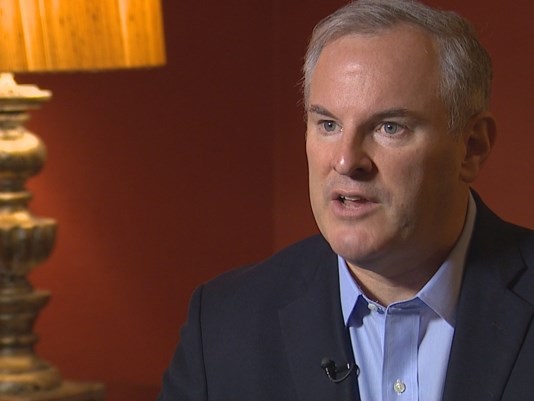Resilience: A competitive advantage for any community | KING 5 Seattle

A critical interdependencies workshop focused on bolstering preparedness and resilience for a megaquake was held in Seattle on September 28, led by GRI Founding Director Stephen Flynn.
The workshop took place in cooperation with the Pacific NorthWest Economic Region (PNWER), which will conduct Blue Cascades VII in March 2018, a table-top exercise focused on the recovery of the central Puget Sound region from a megaquake caused by a disruption in the Cascadia Subduction Zone.
During the September 28 workshop, GRI assisted in the development of three areas: long-term regional recovery, critical energy and transportation interdependencies and cascading failures, and the integration of private businesses into planning, response and recovery.
Public sector and private sector participants from British Columbia, Washington, and Oregon took part — and the workshop’s findings will help inform the design of Blue Cascades VII. The March 2018 exercise will examine the criticality of significant, large, independent infrastructures deemed essential to regional recovery as identified by the Homeland Security Region 6 Critical Infrastructure Working Group.
While in Seattle, Dr. Flynn spoke with KING 5 TV to discuss resilience, and how it can help communities beset by natural disasters.
“One of the ways I try and get regions and cities to think about, any community to think about this better is, this is going to be a competitive advantage for any community,” Dr. Flynn told KING 5. “If you want to draw business to you, if you want a choice about where you want to live, where they want to work, they are going to come to the places that are not risk-free, because there aren’t any. They’re going to come to the ones that are really well prepared.”
